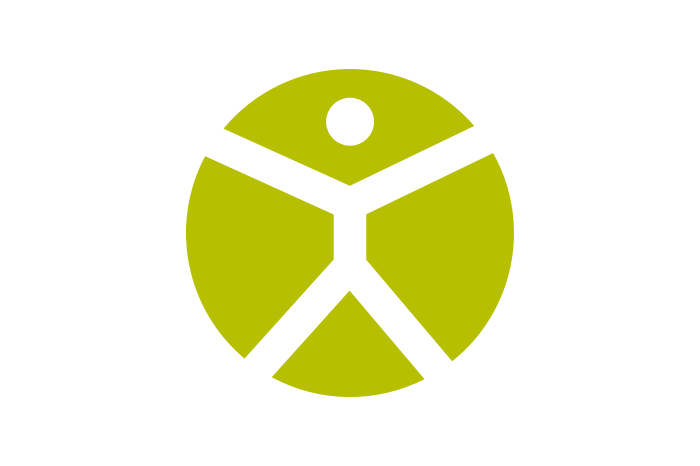News & Insights
-

OPPORTUNITIES FOR YOUTH AND WOMEN IN MBEYA, RUVUMA, AND SONGWE
-

A call for Archor firms/SME/Food Buying Companies in Tanzania
-

Consultancy-CONSTRUCTION OF IGAWILO MARKET INFRASTRUCTURE IMPROVEMENTS IN MBEYA CITY
-

Recruitment of an individual consultant or consultancy firm to carry out a Baseline Survey for Kungahara Project.
-

Terms of Reference for Climate Smart Agriculture Consultant firm /BDS provider
-

Empowering Youth and Women Groups for Sustainable Agriculture (AID-I) in the Regions of Mbeya, Songwe & Ruvuma
-

Dreams come true
-

A collaborative mindset: the business hack from Deo Kisali for sustainable agri-food enterprises
-

Dreaming of a community of organic farmers: the story of Hope
-

The food on your plate might be delicious, but is it also good? Rikolto and its partners are addressing food safety challenges in Tanzania
-

No food to waste: what we can learn from circular food initiatives
-

Pesticide collection centres: One simple solution for a better environment and food system
-

We’re becoming one big East Africa team!
-

Impact investments to feed Dar Es Salaam city in a sustainable way
-

Generation Food Mbale 2022: Call for applications | Closed
-

30 young entrepreneurs demonstrating innovative solutions in the horticulture value chain in the Southern Highlands
-

Improving Resilience towards Climate and Health Hazards in Tanzanian River Catchments
-

Not all (project) endings are sad: Urban farming in Kampala continues to flourish!
-

Fish, worms and bio-waste: Three technologies to make urban farms bloom
-

Little space but still want to start farming? Sacks and towers to the rescue of urban farmers
-

Food from the city, for the city: Bringing urban farming technologies closer to Kampala's residents
-

An integrated food system to ensure sustainable rice for all
-

A high-level visit to showcase fruits and vegetables as essential building blocks for a sustainable future in Njombe
-

Preparing Kampala for a future in urban farming
-

Shortening the long road between farmer and consumer: The East Africa Fruits case
-

Young people driving food changes in African cities – A reflection piece from Rikolto in support of #AfricanCITYFOODMonth
-

Call for participants | Generation Food Accelerator | CLOSED
-

Webinar: Hacking the Food Safety Challenge
-

Revisiting the past for a better future: A decade of youth in agriculture in Lira
-

Growing onions is a rising business in Tanzania’s Blue Mountains
-

Finding new ways to promote sustainable rice cultivation in covid-19 times
-

Why is healthy, safe & nutritious food important? Turn on your radio!